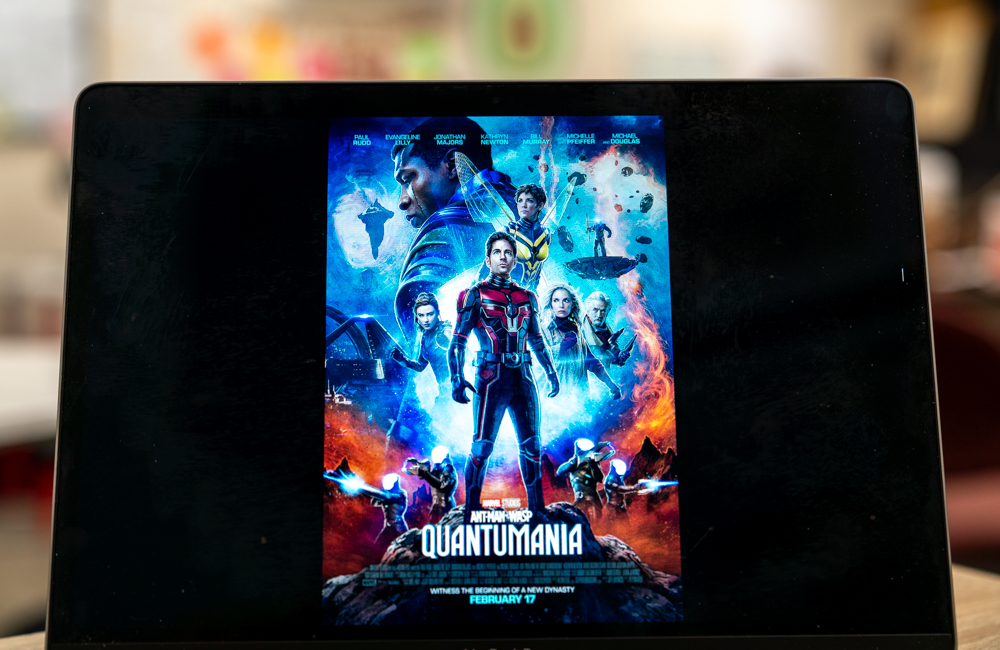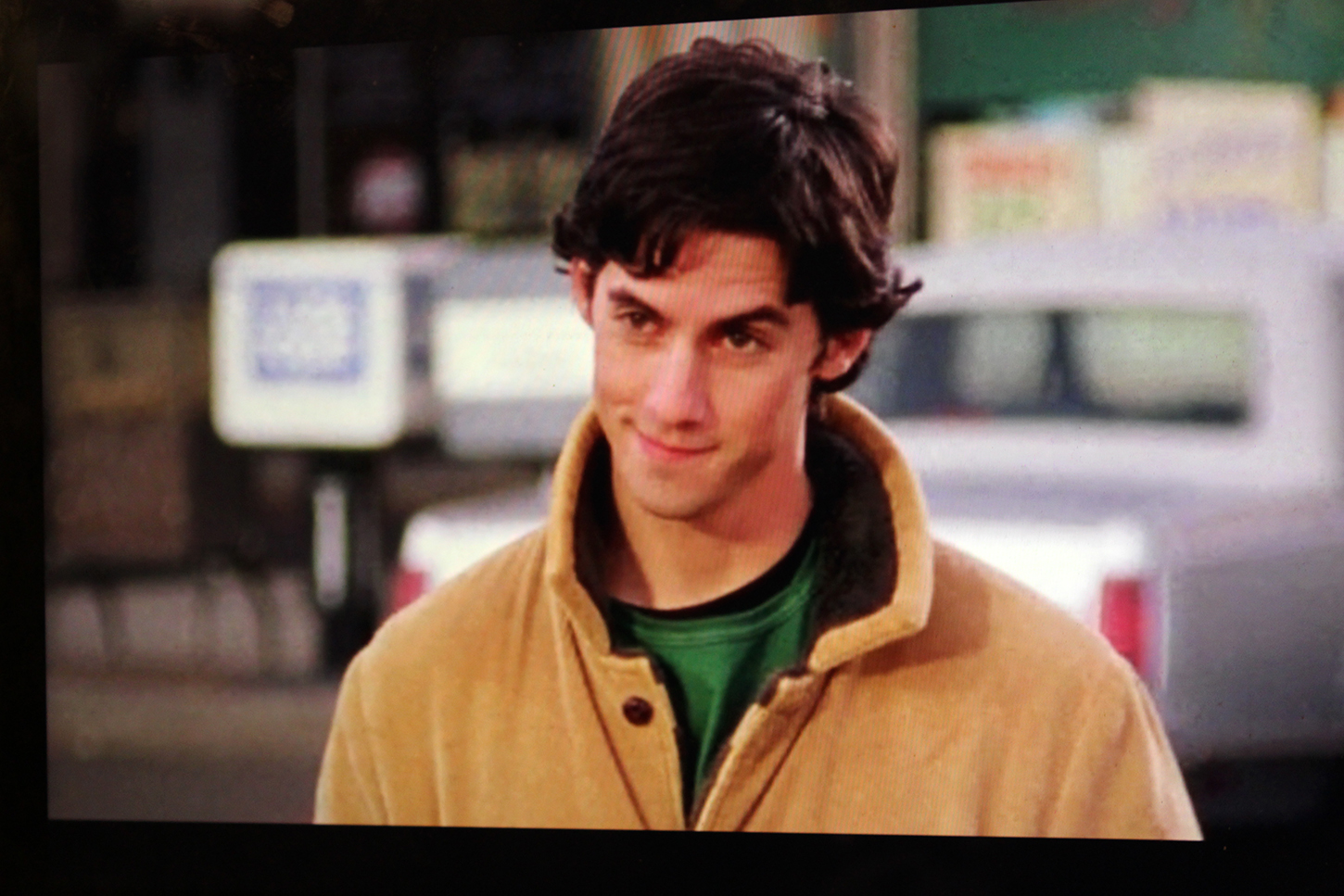If all movies from now on were built solely on Tom Hanks and xenophobia, worse things would have happened. After all, wouldn’t the true story of a soft-spoken New Englander and his brush with foreign terror spell success without a second thought? In theory, Captain Phillips has the perfect premise, which helps it before the theater lights even dim. However, the film still manages to leave viewers with a slew of disappointments.
It begins with the folksy and underwhelming Rich Phillips (Tom Hanks), a quiet and harmless denizen of quiet and harmless Vermont, going to work. On the other side of the planet on the sticky, sunny sands of Somalia, a group of pirates heads out to sea. This is an important contrast (albeit a little too blatant), but the movie does its best to maintain it. Each scene is lousy with polarized color, peppered in to call back blue mountains and yellow dunes. Phillips’s crew wears blue polos while the pirates’ dons yellow rags. The captain’s blue beard quivers. A pirate snarls with yellow teeth.
To the credit of director Paul Greengrass and his Green Zone cinematographer Barry Ackroyd, this is done without seeming too gimmicky. It adds a needed dreaminess to Greengrass’s trademark realism, a style that works in an odd way. Shaking a hand-held camera on a boat is, after all, a terrible idea. However, Greengrass discovers a masterful marriage of suspense and disorientation in the process. For lack of better words, the movie induces seasickness, making it that much more immersive, for better or worse.
All this makes the characters dragging Captain Phillips that much more disappointing. It’s not so much Phillips himself, though as one of the blandest heroes in recent memory, he is done plenty justice by Hanks. The performance is understated and perfectly boring while Hanks traps just enough fear in his eyes to keep his captors awake before crumbling into the final act’s desperation. Nobody wants this man to die, which makes the tissue paper bad guys so easy to overlook. Given the “us versus them” nature of the story before an American audience, the limp attempts to humanize the pirates seem unfortunately futile in the first place. Newcomer Barkhad Abdi delivers the only morsel of pathos: Phillips asks if he can’t just be a fisherman, to which he somberly replies “Maybe in America.” That’s it, though. Miss it, and he sticks in your head as another grinning monster threatening an honest American.
This is the biggest letdown of Captain Phillips. It is as if writer Billy Ray had no faith in the human beings behind his villains. There needs to be drive outside of some mysterious “boss” pulling strings. If it’s the desolation of desert life Abdi refers to that Americans can’t comprehend, then it needs to be shown. Show us desolation. Show us humans in need. Show us why violence is the only option.
To stop just past Tom Hanks washing feet and taking beatings gives only a biased half of what Ray (and Greengrass) claim is a whole sculpture. Despite what you’ve read, some stories need more than that, and this is one of them.





















































































































